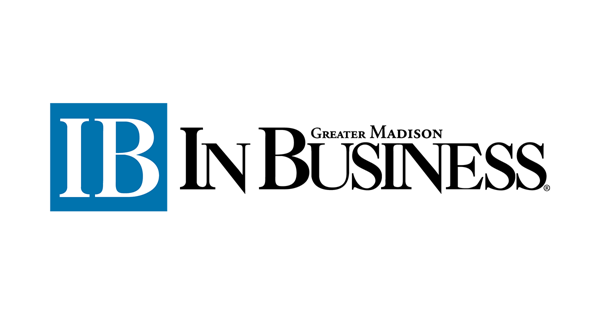
American Family Insurance Group Takes a Bold Step with Minimum Wage Increase Beginning January 2025
In an exciting move that highlights its commitment to valuing employees, American Family Insurance Group (AFIG) recently announced a significant increase in its minimum hourly wage. Starting in January 2025, the company will lift its minimum pay to an hour. This adjustment not only reflects a broader trend toward higher wages in the service industry but also underscores the company’s dedication to attracting and retaining top talent.
A New Standard in Employee Compensation
The decision to raise the minimum wage is part of AFIG’s strategic initiative to create a better working environment for its employees—especially those in customer-facing positions such as call centers and claims processing. This increase will enable the company to attract a more skilled workforce while enhancing the quality of service they provide to their customers.
“Investing in our employees is key to serving our customers better,” said a company spokesperson. By offering competitive pay, American Family aims to reduce turnover and build a more stable workforce, which can lead to better customer experiences.
This upcoming wage hike is particularly notable as it marks the third increase since 2020, demonstrating AFIG’s proactive approach to employee compensation. Initially, the minimum pay was set at per hour in January 2020, which was raised to per hour in February 2022. This pattern is indicative of an ongoing commitment to improving the financial well-being of its employees in an era where many companies are grappling with staffing challenges.
A Comprehensive Approach to Employee Welfare
But the good news doesn’t stop with just the wage increase. As part of its commitment to employee welfare, American Family Insurance is also enhancing its paid parental leave policy. Starting in 2025, birthing mothers will be entitled to a generous 16 weeks of paid leave. Meanwhile, parental leave for all parents—including adoptive and foster parents—will be boosted from four weeks to eight weeks.
This significant enhancement in leave policies showcases American Family’s dedication to supporting its employees during some of life’s most important moments. In a world where work-life balance is becoming increasingly essential, these updates not only foster employee satisfaction but also enhance overall workplace morale. The company’s intent is to create a culture that prioritizes family and personal well-being, which can attract a diverse workforce.
The Bigger Picture
This initiative is set against a backdrop of ongoing discussions around wage growth and employee rights in the United States. With many industries facing labor shortages and rising costs, businesses are under pressure to provide better compensation and benefits to attract talent. AFIG’s decision to elevate its minimum wage to per hour aligns with similar moves by other companies in the sector, indicating a possible shift in how businesses value employees’ contributions.
Moreover, AFIG’s actions could inspire other organizations to reassess their pay structures and benefits packages. As the battle for skilled workers intensifies, companies that prioritize employee welfare and fair compensation may find themselves at a distinct advantage in attracting top talent.
Conclusion
As we move toward 2025, American Family Insurance Group’s decision to increase its minimum wage to per hour stands as a positive example of corporate responsibility and employee advocacy. The simultaneous enhancements to parental leave policies further reflect a comprehensive approach to employee welfare that prioritizes both financial and emotional well-being.
In a time when employee retention is crucial, this commitment to fair wages and benefits positions AFIG as a forward-thinking leader in the insurance industry. The ripple effects of this wage increase could extend beyond the company, potentially encouraging other businesses to adopt similar practices that prioritize the well-being of their workforce. As the conversation around working conditions and compensation continues to evolve, AFIG is not just participating; it is setting the pace for others to follow.
For employees, potential hires, and even industry analysts, this announcement marks an important moment in the ongoing conversation about fair labor practices and the future of work in America.
